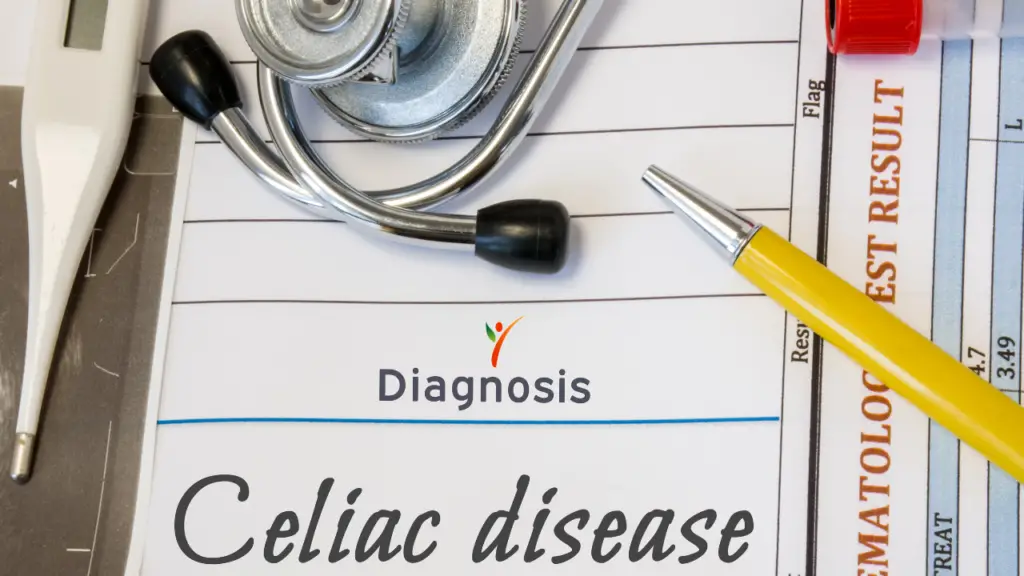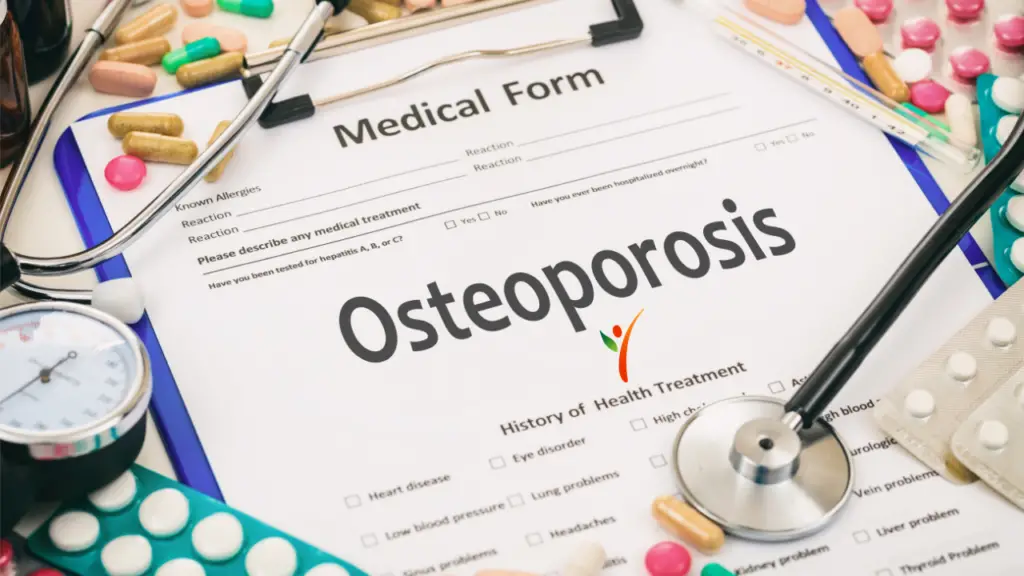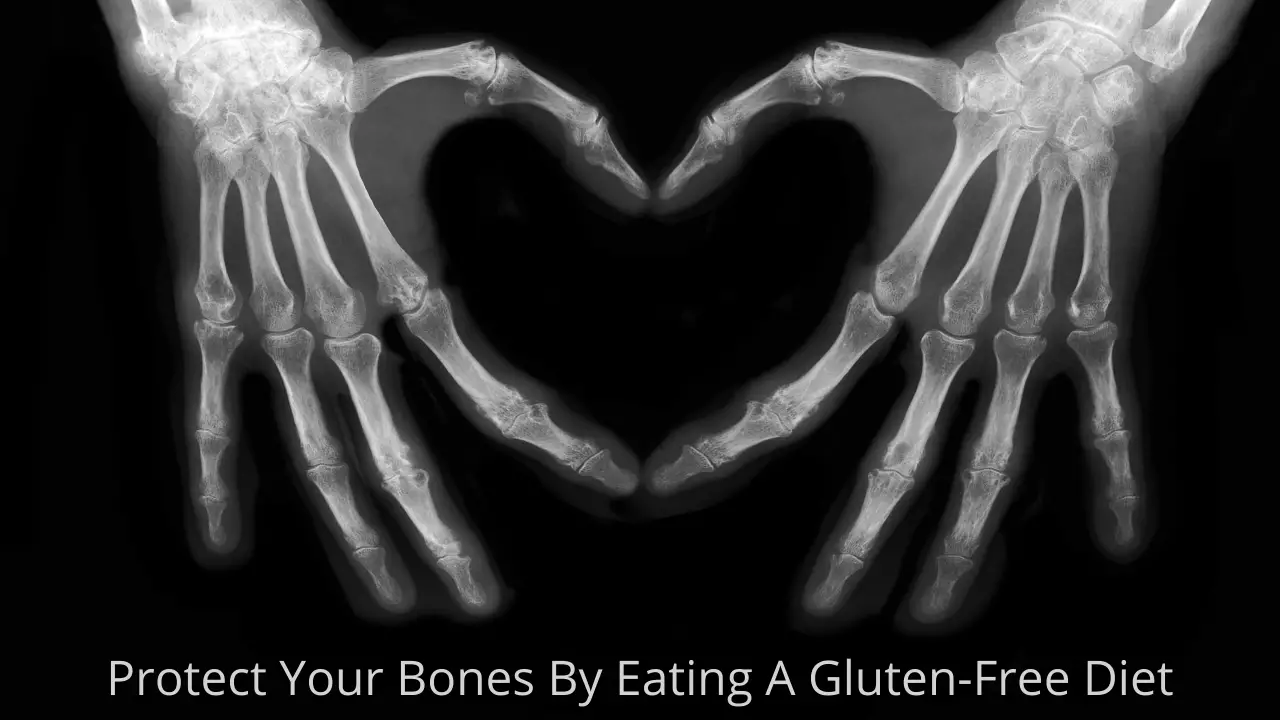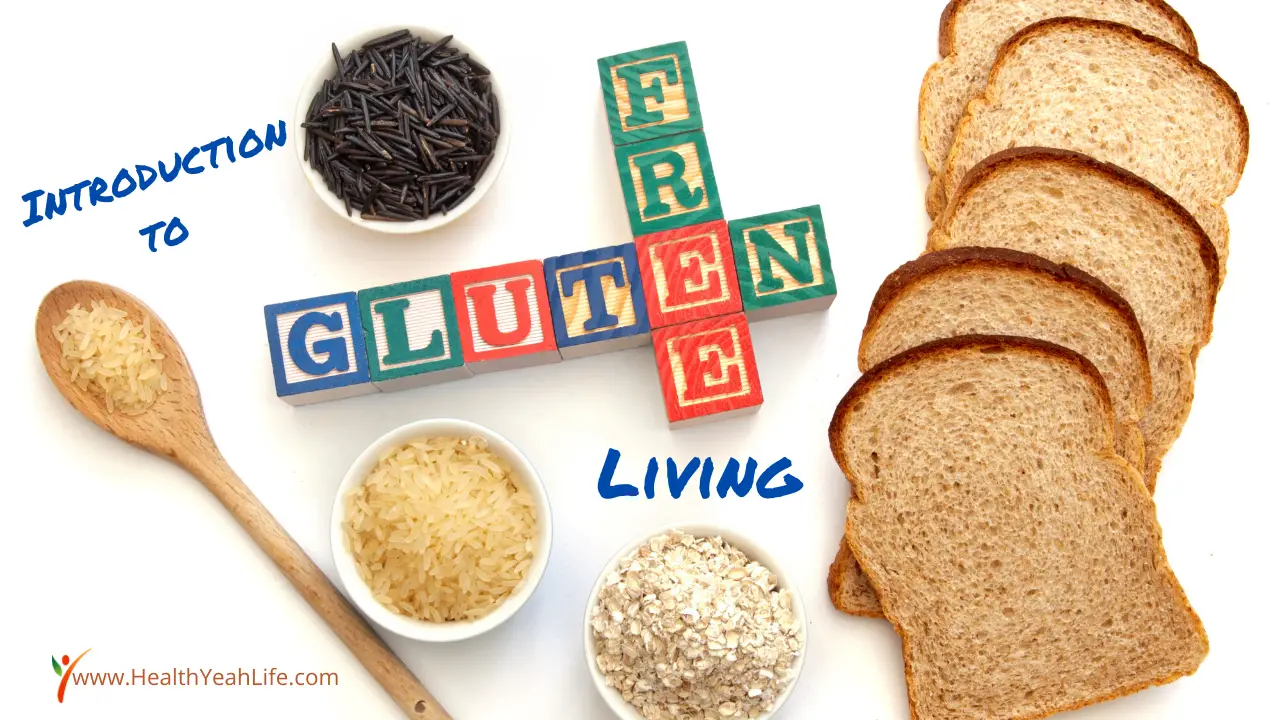You probably have heard about many benefits of a gluten-free diet and how beneficial it is for your overall health. But did you know that a gluten-free diet protects bone density? The benefits of going gluten-free are not just restrained to losing weight or only for people with sensitivity to gluten. Eating a gluten-free diet delves much more in-depth, it can protect our bones and plays a vital role in bone density.
People who have celiac disease or other underlying diseases have a higher amount of reduced bone density than others. The very first symptom of having Celiac Disease is that of reduced bone density. It can never be a good thing to ignore your deteriorating bone density as it may lead to more complications later on.
The leading cause of developing a low bone density, especially in people with celiac disease, is gluten consumption. And if you are a healthy person who doesn't have celiac disease, you may find yourself immediately unaffected by gluten.
Still, over time you too may suffer from damages to your bone health and quality. It is why if you have been putting off getting on a gluten-free diet, you should consider it.
The fact that a gluten-free diet protects bone density is authentic, and others have experienced it. But how exactly are the two related, and why do so many doctors and experts recommend a gluten-free diet to get back healthy bones? Let us understand the answer to this question below.

Celiac Disease And Bone Health
According to numerous surveys conducted over time, there has been evident proof of how people who have celiac disease and gluten sensitivity are more prone to frequent fractures and bone damage.
There are four main reasons and causes why a gluten-free diet protects bone density or, rather, how consuming a diet rich in gluten may adversely affect your bone health.
Restricted Nutrient Absorption
Our small intestines have small linings, also known as the Villi Lining, which can become damaged due to a gluten-rich diet regular consumption. But if you have celiac disease, it may be even more harmful because these damaged Villi Linings will also prevent your body from absorbing the necessary nutrients, including Vitamin D, from any food you consume. Due to this restricted absorption, your bones do not get the required nutrients and start becoming weaker.
Autoimmune Factors
For bone remodeling to take place efficiently, some specific proteins are necessary. These proteins are combined together by an enzyme called Tissue Transglutaminase or (TTG). When one consumes too much gluten, our body automatically forms antibodies against this enzyme, thus adversely impacting bone health.
Secondary Hyperparathyroidism
This condition of secondary hyperparathyroidism is more prevalent in people with Celiac disease. The calcium level in the blood drops drastically due to calcium mal-absorption. When this happens, the Parathyroid Hormone releases from the respective gland, making the bones release the calcium. This calcium maintains reduced calcium blood levels, which then results in reduced bone density.
Inflammation

Many patients suffering from Celiac Diseases may also face some abnormal inflammation at times. It may also include the presence of pro-inflammatory compounds at a substantial level in the blood. Being gluten intolerant or someone with celiac disease only makes it worse for the gut. Which gets inflamed, thus leading to inflammation all over the body at times. This overall inflammation of the body consequently also results in loss of bone density and poor bone health.
Gluten-Free Diet And Osteoporosis
If you have often heard the term “Osteoporosis” but do not know what it means, here is a brief idea of what it is and how a gluten-free diet is related to Osteoporosis.
Osteoporosis is a term derived from a Greek word, which means- ‘Porous Bones.’ This condition causes a loss in the bone mass, making the bones brittle in turn, causing frequent fractures. Osteoporosis is most common amongst people who are sensitive to gluten or those who have Celiac disease.
But right before the onset of Osteoporosis, one may notice signs of a condition called Osteopenia. This implies a bone density level, which is lower than the normal or adequate one for a healthy bone structure.
While Osteoporosis sees a rapid loss of bone density, it is not as vigorous in Osteopenia.
What is Osteopenia?
Osteopenia is a much milder form of Osteoporosis but may very often also come across as one of the first signs of Osteoporosis.
However, not all cases of Osteopenia lead to Osteoporosis. It is best to treat the former at its onset before it becomes an advancing condition.
Those with celiac disease have more reasons for the development of Osteoporosis and do not restrict to only suffering from; the lack of calcium absorption. This development's additional reasons are above, namely – Malabsorption and Malnutrition, Secondary Hyperparathyroidism, Premature Menopause, and Autoimmunity.
The development of Osteoporosis may begin as early as childhood. Still, it may go undiagnosed until adulthood as the child may suffer from something called “silent celiac disease,” which is mostly mistaken for recovery from gluten sensitivity. If you have thought that the relation between a low bone density and a Gluten-free diet is close to negligible, then you are sorely mistaken.
Consumption of gluten through any food causes the intestine lining to be damaged, causing a malfunction in calcium absorption. To keep this Villi Lining of the intestine intact, people prone to such conditions must keep their diet completely gluten-free.
The lack of adequate absorption of calcium by the intestines incompletely causes bone development. Which then also makes the bones deteriorate faster than the average rate. By the age of 30, the bone development stops, and in fact, the density starts deteriorating slowly. If you have Osteoporosis, this may happen at a much faster rate.

More about Osteoporosis:
-Children with celiac ailment with a gluten-free diet are substantially more liable to arrive at a typical bone mass than grown-ups.
-Considerably after fruitful treatment for the celiac ailment, adults may have Osteoporosis or bones with lower bone mass than average for their age gathering.
-Specialists state that adult celiac infection patients ought to consider being examined for Osteoporosis because there is such a strong connection between the two disorders.
-And because adults are less inclined to improve their bone thickness with a sans gluten diet alone and may require enhancements and medicine.
-In adults, bone mineral thickness after treatment with a gluten-free diet increases around 5 percent a year.
The Relationship Between the Gluten-Free Diet And Calcium In Bones
Calcium is an essential factor in ensuring bone health and several other health factors such as healthy muscle functioning, clotting of blood, and nerve transmissions.
With a diet rich in gluten, you only make it difficult for your body to absorb and retain an adequate amount of calcium. It is why doctors and experts' great emphasis is laid on understanding and adhering to the relation between a gluten-free diet and Osteoporosis.
Individuals with gluten intolerance do not have a similarly expanded hazard for Osteoporosis as the individuals; who have celiac disease since they do not have issues absorbing supplements. Thus, they do not have a similar nutrient and calcium lacking in their body as celiac disease patients.
A gluten-free diet can prompt both a superior personal satisfaction and improved gastrointestinal side effects and bone mass for those with celiac disease and Osteoporosis. In any case, keeping the two illnesses under control is not generally a simple task at hand.
Numerous patients feel better when they go on a strict gluten-free diet. Be that as it may, sooner or later, they begin to eat gluten—to have a pizza, a lager, and different nourishments with gluten. Sometimes it is a problematic eating regimen to continue day after day.
At the point when low bone mass or Osteoporosis is intricacy of celiac disease, patients additionally need to take calcium and nutrients and any endorsed drugs reliably. They likewise need to consistently indulge in weight-bearing activity, such as walking or running and nothing too vigorous.

Gluten-Free And Bone Health
Knowing all the complications that a diet rich in gluten may cause to your overall body health, especially your bones. How then can you be careful to maintain your bone health at its optimal level?
Well, the relation between a diet which is gluten-free and bone health may be underrated, but it is most definitely significant. Here are some ways to take care of your bone health by following an excellent gluten-free diet.
Keep the following food items in your daily diet, and you will know that not all gluten-free food has to taste bland. These food items below can be turned into delicious recipes each day. And following them over time will make you realize how your bone health drastically improves.
Proteins (Non- Vegetarian) –
Chicken, Eggs, Seafood, Turkey, Dairy Products, Etc.
Proteins (Vegetarian) –
Legumes, Quinoa, and other whole Grains, Veggies, Tofu for Vegan diets.
Vegetables –
Dark green leafy vegetables such as broccoli, kale, spring greens, cabbage, pak choi, parsley, and watercress.
Gluten-free Cereals –
Quinoa, Buckwheat, Rice, Millets, Sorghum, Corn, etc.
Healthy Fats and Oils –
Coconut Oil, Olive Oil, Avocado, and any solid fat.
Legumes –
Peanuts, Peas, Lentils, Soy, and Beans.
To consume food rich in calcium, you can try these options – Cooked Kale, Sardines, Yogurt, Broccoli, and Bok Choy. These contain an adequate amount of calcium as required by your body for a daily intake.
With the tremendous rise in demand for gluten-free food over recent years, most food manufacturing companies; have resorted to producing them. You now also get gluten-free bread free of wheat or barley, pasta, baked food items, crackers, etc. Change your food products, whether raw or readymade, to gluten-free options. And you will instantly notice a positive change in your health.
Suppose one receives adequate calcium in the eating regime. In that case, bone density levels are re-established. Yet, on the off chance that the eating routine neglects enough calcium or causes calcium draining from the bones, bone density loss continues.
Any gluten-free food benefits are many, and if you want to witness drastic and quick changes in your lifestyle and health. It is only wise to switch to a diet free of gluten, on days when you crave some unhealthy food. You can easily experiment recipes by replacing the harmful ingredients with gluten-free food wherever possible.
Conclusion
That gluten-free diet protects bone density is a well-established fact. To strengthen your bones, it is not enough for you to only supplement your body with the additional calcium and vitals required.
In case you are concerned that you are not getting enough calcium because of your gluten-free diet if you are vegetarian or vegan. You could keep a food journal. In it, you can save a log of all that you eat and drink. You would then be able to keep track of actually how much calcium you are consuming on an average every day, week by week, and month to month. One should maintain the journal for a more extended period for it to be illustrative of your consumption.
It would be best to make a conscious effort to eliminate any food from your diet, which contains gluten. By doing this, you will surely notice a visible change in your bone health. And your celiac disease and gluten sensitivity; will remain under a check.
Live Extraordinarily!





